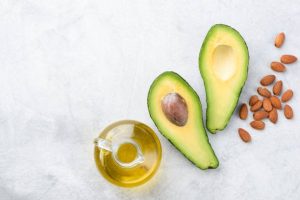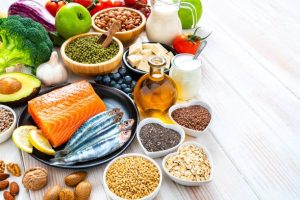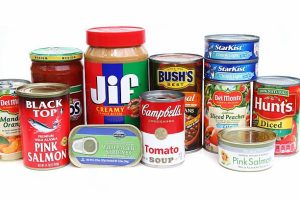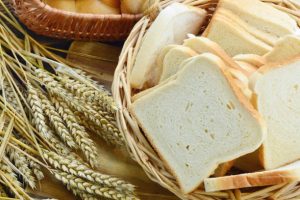
5 Foods That Aren’t Doing Your Cholesterol Any Favours
Cholesterol is a waxy molecule that circulates in the blood. Cholesterol is essential for cell building and hormone production, hence it is not inherently harmful. However, using too much of it can be problematic.
If you think of your vessels as pipes that must transport blood to your internal organs — your heart, brain, and kidneys — [cholesterol] can accumulate inside those pipes over time, causing blood flow to be less than optimal. Avenatti added that this can lead to conditions like heart attacks, strokes, and kidney dysfunction.
Your cholesterol is measured via a blood test (known as a lipid panel), which is ordered by your doctor. If your cholesterol is high, you may be prescribed medication or lifestyle changes, like diet and exercise.
RELATED; 4 Simple Ways to Improve Water Intake and Its Importance
One of the most natural adjustments begins with eating. According to experts, certain foods might affect your cholesterol levels, increasing your risk of the aforementioned harmful consequences.
Below, experts share the foods you should avoid if you have high cholesterol, plus share some factors that may be even more important than the food you eat.
Maintaining good cholesterol levels is critical for heart health, and food is an important factor in accomplishing this aim. Some meals can help lower cholesterol, while others can increase it. In the article below, we’ll look at five typical foods that may be bad for your cholesterol.
Trans fats
Trans fats are chemically produced fats commonly found in processed and fried meals. These fats not only increase bad cholesterol (LDL), but also diminish good cholesterol (HDL). Commercially baked foods, margarine, and fried snacks can all include trans fats, making them a major contributor to high cholesterol levels.
Solution: Opt for healthier fats such as those found in avocados, nuts, and olive oil. Check food labels for trans fats and try to minimize their intake.

Saturated fats
Saturated fats, which are found in red meat, full-fat dairy products, and tropical oils such as coconut and palm oil, can raise LDL cholesterol levels. While these fats are beneficial in moderation, excessive ingestion might cause an imbalance in cholesterol levels.

Solution: Choose lean protein sources, such as poultry, fish, and plant-based proteins. Use oils with unsaturated fats, like canola or sunflower oil, instead of saturated fats.

Processed Foods:
Processed Foods: Many processed foods, such as packaged snacks, ready-to-eat meals, and fast food, are high in unhealthy fats, salt, and sugar. These highly processed foods can cause weight gain and have a bad impact on cholesterol levels.
READ ALSO; Breaking Free from Emotional Eating Habits

Solution: Prioritize whole, unprocessed foods like fruits, vegetables, whole grains, and lean proteins. Cooking at home allows you to have better control over the ingredients in your meals.
Refined Carbohydrates
Foods high in refined carbohydrates, such as white bread, pastries, and sugary cereals, can lead to weight gain and negatively affect cholesterol levels. These foods can contribute to inflammation and insulin resistance, both of which are linked to unfavorable cholesterol profiles.
Solution: Choose whole grains like oats, quinoa, and brown rice over refined grains. Incorporate a variety of fruits and vegetables into your diet for added fiber and nutrients.

RELATED; Effective Strategies for Managing Your Blood Glucose Levels
Excessive Alcohol use
While moderate alcohol use has been linked to potential cardiovascular benefits, excessive drinking might have a negative impact on cholesterol levels. Heavy drinking can raise triglyceride levels, a form of fat in the blood, and may contribute to high blood pressure.

Solution: If you choose to consume alcohol, do so in moderation. For women, moderation typically means up to one drink per day, while for men, it’s up to two drinks per day.
RELATED; Unlocking the Power of Superfoods: A Deep Dive into Nutrient-Rich Options
Conclusion:
Maintaining healthy cholesterol levels involves making mindful choices about the foods we consume. By minimizing the intake of trans fats, saturated fats, processed foods, refined carbohydrates, and excessive alcohol, we can support our cardiovascular health and reduce the risk of cholesterol-related complications. Remember, small changes in dietary habits can lead to significant improvements in cholesterol levels and overall well-being.










-
-
1 day
Tagged healthy, Healthy living, RESPIRATORY HEALTH